I once heard conventional wisdom that sounded something like this. “Smoking is not inherently bad. It was useful at one time in the life of the smoker. When it ceases to be of value, then it becomes something worth letting go of.” To me this was an explanation of a coping strategy, and by coping I mean anything that we use to get through the day. It has a New Age kind of feel to it. “There is no right or wrong, or good or bad.” Which would only follow that “the universe will take care of it” – my favorite one.
What about things that just plain ol’ hurt or don’t work, things that feel bad? I like the Buddhist take on reality because it’s as close to a religion of sufficiency I’ve studied yet, and because it is not really even a religion, it’s a pathway into a paradigm of nondualism, where the reality is there is no right or wrong. There are consequences, e.g. I smoke, I put carcinogens into the vulnerable tissue of my lungs and increase my blood pressure, I engage in a risk of health complications. But there is not moral injustice, or fairness or convictions in a higher power who has the hands of a master chess player. Life is so complicated it would be impossible to sort out the infinite variables to know for sure what the scorecard is. So if my partner has cancer or cheated on me, or we lost the big client or the bid on a great house, the Buddhist thing to do would be to feel the truth and consequences of that in the moment, while to keep on living, keep on doing the next Right Thing.
And what the next Right Thing (initial capped purposefully) is often the simple thing we know to do from listening deeply to our inner voice. Sufficiency as a practice is one of being present, of mastering our states of mind and body with compassion and self-love, while recognizing our webbed connection to all beings, to all matter. The question that naturally follows is: How do we measure this Rightness when we are part of a team or a family? Do we measure internally with our other inner voices, or include a council of trusted advisors? And as leaders, how do we stay present while creating a strategy that our teams can get behind? How do we do this in a scaled fashion as our teams, organizations and families grow?



